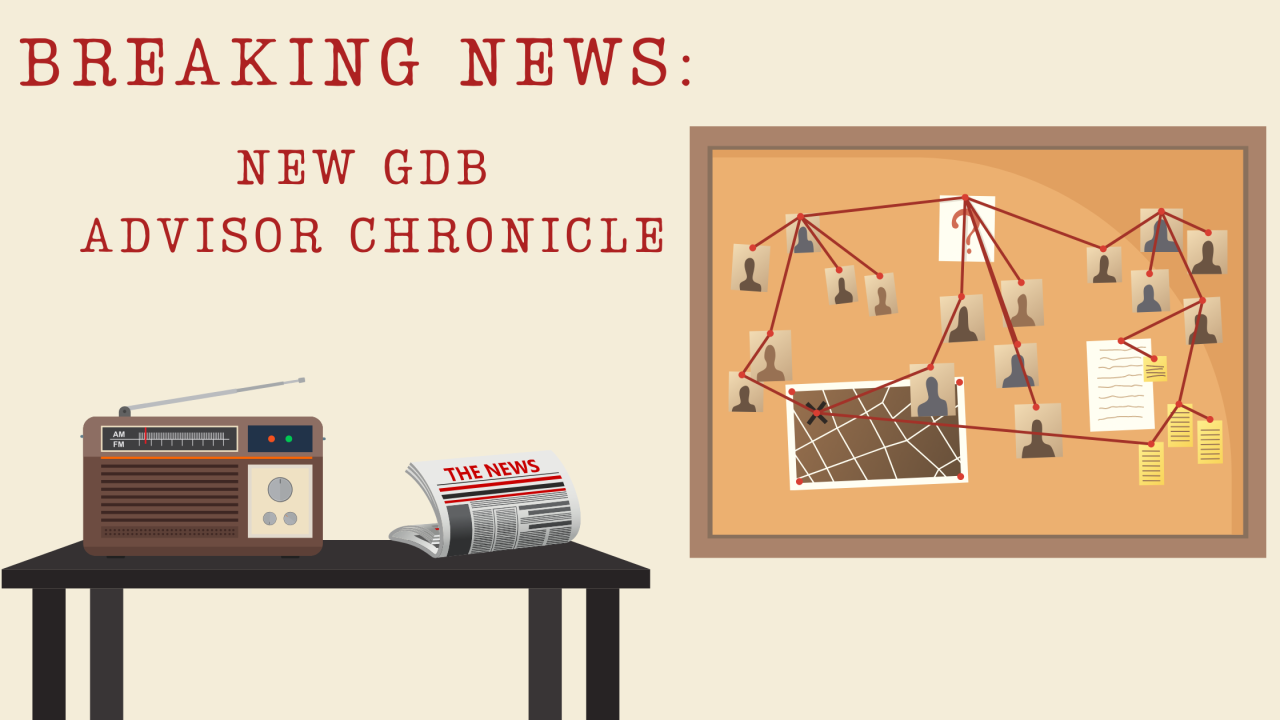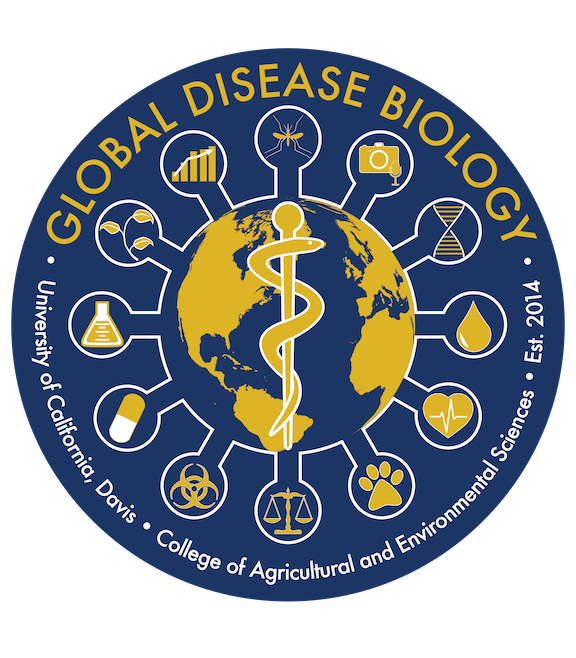
Navigating College as a Neurodivergent Student
Hi! I’m Emily, one of your GDB Peer Advisors, and one of my favorite parts of this job is being able to connect and relate with other GDB students. My status as a student at UC Davis makes me better equipped to answer student’s questions about the difficulty of certain classes or professors, and what on-campus resources I’d recommend. If you’ve had an appointment with me, and especially if I’ve helped you with an academic plan, you can probably tell that I prioritize mental health, and encourage students to do what works best for their goals and well-being. I believe that our academic success is closely intertwined with our mental and physical well-being, and as a neurodivergent student myself, managing my academics and my ADHD can be a difficult task. So, I wanted to write this blog post for all the other neurodivergent GDB’ers out there and provide support, encouragement, and reassurance. It can be difficult to be a neurodivergent student in a STEM major at a university that runs on the quarter system, and while I certainly haven’t mastered it, I hope that the tips and resources I share in this post will be helpful!
Below, you can find a list of UC Davis resources that I have tried or have been recommended to me. Personally, I would highly recommend making an appointment with the SDC if you feel like you would benefit from accommodations. My SDC accommodations have helped me immensely; especially with helping me access an exam-taking environment that’s conducive to my success.
UC Davis Resources:
Student Health and Counseling Services
All UCD students can access short term individual counseling for free through the UCD SHCS. The SHCS will also help connect students with a long-term provider after their short term sessions end, if they’re interested in continuing counseling. Call (530)752-0781 to schedule an appointment.
- If you suspect that you have a learning disability, you can get evaluated via your PCP or insured mental health provider, or if you have UC SHIP insurance, you can call (530)752-6055 or email them at insurance@shcs.ucdavis.edu and ask them to help you arrange an evaluation.
- If you don’t have UC SHIP insurance, contact the Student Disability Center and they can help you get an evaluation via your insurance provider or work with you to find other options.
- To contact the Student Disability Center, call (530)752-3184 or email sdc@ucdavis.edu
- The SDC can provide students with disabilities accommodations inside and outside of the classroom
- Get help with academic, personal, and professional success
- Option to join workshops or schedule a one-on-one appointment
Academic Advising
- If you need help getting connected to more resources, readjusting your schedule to accommodate your needs, or any other kind of academic support, you can meet with the CAES Advising Team or the GDB Advising Team
- CAES Advising
- Can help connect you with leadership or engagement opportunities
- Help you explore minors, majors, and careers
- Can give you information about the CAES GE requirements
- Can help you create an academic plan that suits your needs
- GDB Advising
- GDB Major Advisor Grace can help you with
- Career planning
- Academic planning
- Connecting you with resources specific to your situation
- Academic standing
- Studying abroad
- Special circumstances
- The GDB Peer Advisors can help you with
- Change of major
- Academic planning
- Practicum or RE questions
- GDB minor advising
- Questions about Peer Experience
- If you have questions about finding resources or navigating school as a neurodivergent student and want to talk to a peer who is also neurodivergent, talk to Emily!
- GDB Major Advisor Grace can help you with
I also want to share some resource/tips that help me manage my ADHD:
- Loop Earplugs
- Sometimes, especially if I’m studying in a public space, I get very distracted and overstimulated by noise. These earplugs (I use the ‘engage’ ones) turn down the volume of the sound around me. Depending on how much noise cancellation you want, there’s a variety of earplugs. I prefer ‘engage’ because I can hear enough noise to have a conversation, but I’m not distracted by the loud background sounds going on around me.
- Therapy
- I have gone to the UC Davis student health and counseling office to access their free short term therapy services, and after those sessions ended, I sought out long-term therapy. My therapist specializes in ADHD and helps me learn techniques beyond medication that help me focus and manage my ADHD symptoms. If you’re interested in therapy, I highly recommend going to the SHCS and taking advantage of their free sessions, or asking them to help connect you with a long-term therapist.
- Academic and Personal Scheduling
- In terms of my academic plan, I know that being in long labs or discussions is more difficult for me, so I try not to schedule more than one long lab or long discussion class per quarter.
- I also know that I will struggle to keep up with the amount of studying required to take more than two STEM classes at a time, so I have tried to limit each quarter to two STEM classes, and use my remaining units for a GE or RE
- I also have found that 12-15 units is manageable for me. I know that if I keep my quarters within that unit range, I will have an easier time succeeding in my classes and putting in the work to get the grade I want.
- Outside of academic planning, I try to schedule my daily activities in a way that works best for my brain. For example, I know that I focus best in the mornings and early afternoons, but in the evening, I can lose focus more easily. So, I try to schedule in time to study in those morning/early afternoon hours, so that in the evening, I can do other activities that require less focus.
Managing my ADHD as a college student has certainly been a challenge, but it’s incredibly rewarding to find methods that work best for my brain and help me succeed. I hope that you find these tips and resources helpful, and if you ever want to talk more about this or need additional support, please make an appointment with me by emailing gdb-advise@ucdavis.edu.
